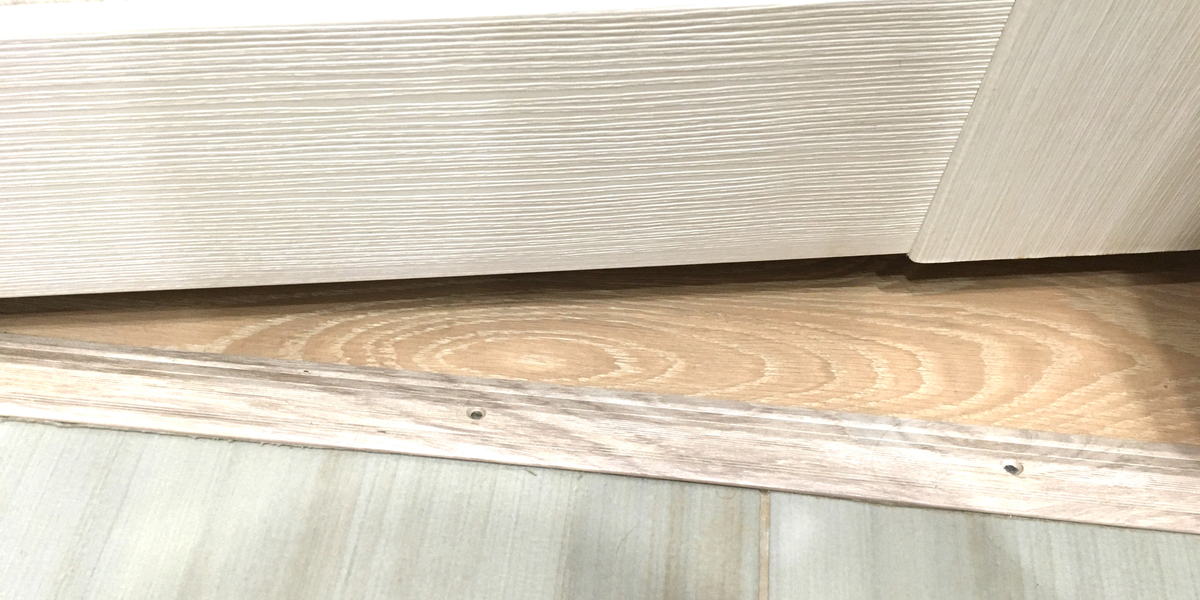Our first daily report from the annual Huntington’s Disease Therapeutics Conference in Palm Springs, California. We’ll be bringing you live updates via Twitter over the next two days. You can tweet @HDBuzzFeed or email [email protected] with your questions, comments and queries.
Monday, February 27, 2012
17:02 – The Huntington’s Disease Therapeutics Conference has officially begun. Ed and Jeff will be tweeting every day
17:06 – Dr Robert Pacifici opens the conference. Reviews the many ‘impossible’ questions science has already answered in HD
17:00 – CHDI Chief Scientific Officer Robert Pacifici asks – what are the remaining provocative questions in Huntington’s Disease research?
Tuesday, February 28, 2012
9:05 – Good morning from Palm Springs. The science sessions of the HD Therapeutics conference are about to begin.
9:20 – The first session is systems biology – using powerful technology to collect and analyse huge amounts of data to help understand HD
9:25 – Leroy Hood (Institute for Systems Biology): scientists should work with mathematicians, engineers, physicists for best chance of progress
9:40 – Hood: we should be able to develop chemical ‘fingerprints’ in blood to diagnose and monitor brain disease.
9:47 – Hood: we can now sequence people’s entire genomes to look for genes that might affect when and how Huntington’s affects people
10:05 – Keith Elliston is CHDI’s new Vice President of ‘Systems Biology’ – or the science of understanding entire biological systems.
10:00 – Elliston: All the changes we see in HD patients are due to a single mutation, which should help us understand the disease.
10:20 – Elliston: CHDI’s strategy for developing HD treatments will extensively use systems biology and the deep understanding it can bring
10:22 – CHDI is the non-profit biotech company behind the conference and biggest HD research organisation. We’re interviewing their top scientists later.
10:24 – Elliston: there is no such thing as a perfect disease model. We need to take the best from each model – and remember patients
10:39 – CHDI is developing a ‘map’ of all the changes in HD, starting with the function of synapses – chemical connections between neurons
10:43 – Elliston: Working to ensure that HD researchers have access to as much information as possible, rather than keeping things private
11:30 – Jim Gusella (Massachusetts General Hospital in Boston): the smaller of a person’s two CAG repeat lengths does not affect disease onset. See our article on this “New analysis suggests ‘small’ CAG length doesn’t matter after all”
11:58 – Gusella: His team is looking at the whole genome of HD patients to try and find other genes that might change HD symptoms.
12:26 – Gusella: some of the genes described to change the age that people experience HD symptoms might be wrong, new studies are on going
12:33 – Hanchuan Peng (Howard Hughes Medical Institute) studies the shape of brains at the level of individual cells. Could this help HD research?
14:31 – Melissa Moore (University of Massachusetts Medical School): The RNA ‘message molecule’ that tells cells to make Huntingtin protein might cause problems in its own right
14:33 – Moore: cells have quality control mechanisms for RNA message molecules. Could we enhance these to reduce damage in HD?
14:51 – Moore: RNA drugs currently being tested in cystic fibrosis/Duchenne muscular dystrophy might prove useful for HD
15:01 – Moore: lots of possible ways that drugs might be able to reduce production of Huntingtin protein. Gene silencing by the back door?
15:22 – Naoko Tanese (New York University School of Medicine): New role for the Huntingtin protein. It acts like a bus, carrying RNA molecules around the cell
15:36 – Tanese: one of the RNA molecules that the protein carries around the cell is the Huntingtin RNA. Huntingtin drives its own bus!
16:07 – Lisa Ellerby (The Buck Institute for Age Research) studies chemical modification of the Huntingtin protein – tiny tags that change its location and function
16:17 – Ellerby: Putting more ‘phospho’ groups on the Huntingtin protein might make it less toxic. But are there drugs that can do this?
16:37 – Dimitri Krainc (Massachusetts General Hospital): studies modification of the Huntingtin protein that direct it to the cells garbage can, clearing it from cells
16:53 – Krainc: Drugs developed by CHDI to increase traffic of the mutant Huntingtin protein to the trash work in cells
17:19 – Marcy MacDonald (Massachusetts General Hospital) and her group are making buckets of purified Huntingtin protein to study – tough work bit very useful for research
17:36 – MacDonald: Adding ‘phospho’ groups to the Huntingtin protein might be good or bad, we need more information to decide what to target
Sunset conclusions
The morning session reminded us that we must remember that virtually every cell and molecule in our bodies is connected to every other in some way. Focusing exclusively on changing one thing without considering knock-on effects of those changes could lead to unpredictable results. In the afternoon, we heard some intriguing ideas of how cells produce and ‘tag’ the mutant huntingtin protein – the molecule at the heart of the network of damage in HD – and how we might be able to fine tune those changes to our advantage.







